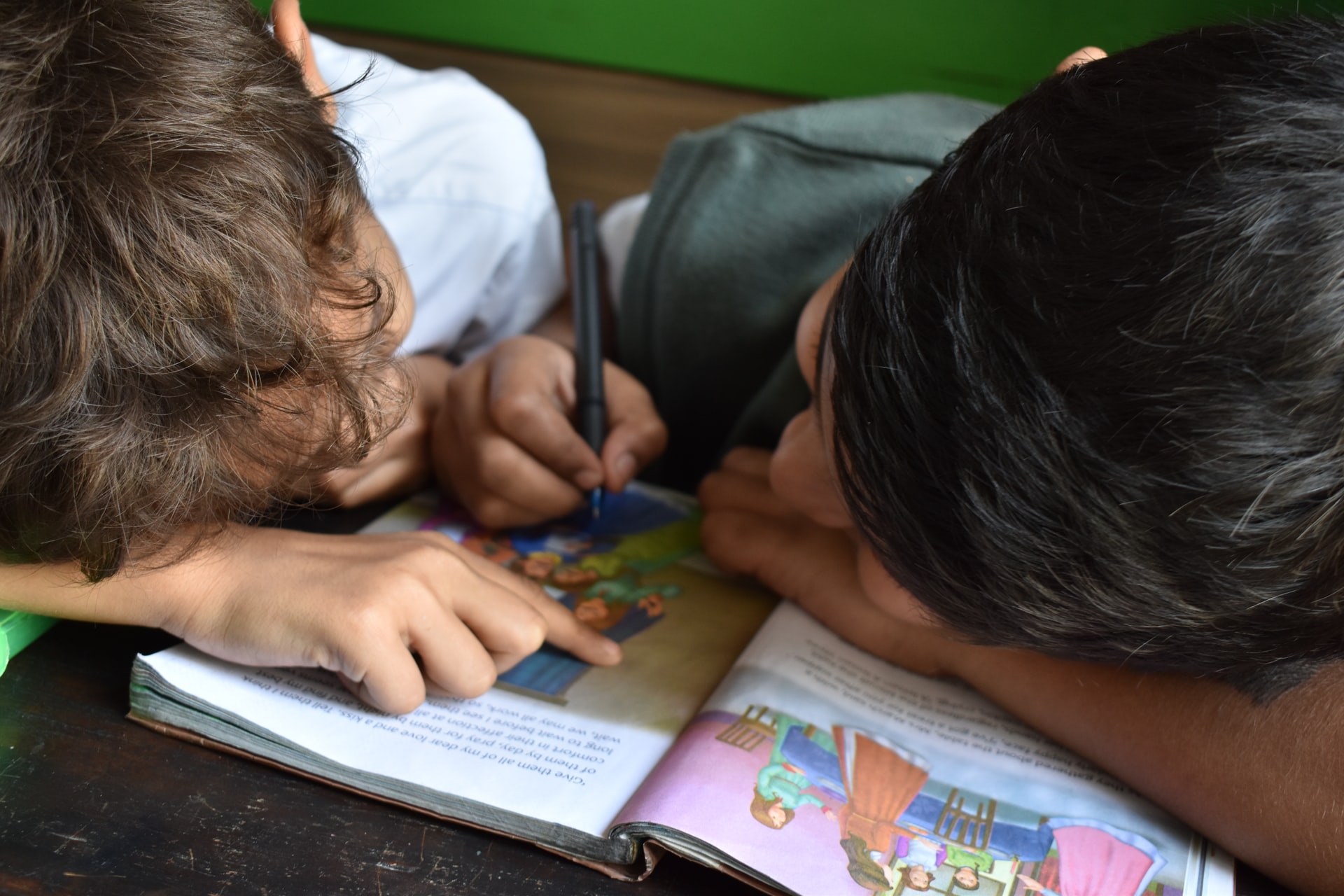When I was a kid, the idea of being branded the idiot of the class was far worse than the prospect of falling out of a tree and breaking an arm or a leg. We kids were tasked with one responsibility – to make the top grade by hook or by crook. Parents of poorly performing children were often berated by teachers and experienced shame and guilt, which resulted in increasingly pressuring their children to do better; regardless of whether they may have had legitimate learning difficulties.
As an adult, I realize how damaging this environment was, and how many students lost confidence in themselves, and would later drop out of school, never to pursue an academic future. This was a cruel blow to those who needed psychological assistance.
Thankfully, things have changed a lot. Parents no longer accept statements like “your child doesn’t have what it takes to be a genius”, and more questions are being answered each day due to the tireless work of professionals in the mental health field, who are constantly redefining ‘normal’. Conditions that were once brushed off as learners refusing to apply themselves at school have now been identified as learning difficulties. But how can you, as a parent, be able to tell whether your child has learning difficulties? We consulted Elly Wong, a mental health psychologist at OASIS International Hospital to walk us through the topic. With over 14 years’ experience, she both provides Beijing families with solutions to their mental health needs, and much needed answers to our burning questions.

Difficulties recognizing patters or sorting items by size or shape can be a sign of a learning difficulty
What is a learning disability?
A learning disability is a problem that affects how a child receives and processes information. A child with a learning disability may have trouble with reading, writing, doing mathematics, or understanding directions or instructions. A child with a learning disability usually has difficulties with academic achievement and may require more help at school.
Examples of learning disabilities include:
- Dyslexia – difficulty with reading
- Dyscalculia – difficulty with mathematics
- Dysgraphia – difficulty with writing
- Dyspraxia – difficulty with motor skills
What are some early signs that my child might have a learning disability?
If you observe your child is having problems with performing some of the tasks listed below, they may be early signs of learning disability.
- Difficulty telling right from left
- Reversing letters, words or numbers after first or second grade
- Difficulties recognizing patters or sorting items by size or shape
- Difficulty understanding and following instructions or staying organized
- Difficulty remembering what was just said or what was just read
- Difficulty understanding the concept of numbers
- Lacking coordination when moving around
- Difficulty doing tasks with the hands like writing, cutting or drawing
At what age does a learning disability start to show?
It is important to pay attention to the child’s developmental milestones. Delays such as late walking or talking may indicate early signs of learning disabilities. Once the child begins to engage in learning activities, parents may observe the child has difficulty performing what appears to be normal for other kids.

There is a higher probability of boys than girls having learning disabilities
What should I do if I think my child has a learning disability?
Proper diagnosis of the learning disability is crucial for the child to get the right kind of help. Find out more about his or her learning problems at school and work with the teacher to help the child. Get professional help at an early stage to help the child work through the difficulties.
Do learning disabilities run in families?
There may be a higher possibility of genetic hereditary factors. More research is been conducted to find the causes of the problem.
Are people who have learning disabilities often gifted?
There is no direct correlation that people with learning disabilities are often gifted. However, there may be instances of people with learning disabilities being successful in life having overcome disabilities. One of the primary characteristics of learning disability is a significant difference between a child’s achievement in some areas and his or her overall intelligence.
Do more boys than girls have learning disabilities?
There is a higher probability of boys than girls having learning disabilities as boys tend to mature more slowly as compared to girls.
My child writes letters back to front. Does this mean my child has dyslexia?
Dyslexia is a specific learning disability that is characterized by difficulties with accurate and/or fluent word recognition and by poor spelling and decoding abilities. It affects how a child processes language therefore reading and writing may present greater difficulties for them. When a child writes letters back to front, it may indicate difficulties with language processing and it is best to go for an assessment.
My child has trouble reading. Does my child have a learning disability like dyslexia?
If the child has difficulties reading, it is important to go for an evaluation to assess the problem.
Can a learning disability be ‘cured’?
Special education is the most common treatment for learning disabilities. With therapy or treatment, the child will be able to cope with disabilities and learn more effectively.
Does using a computer help?
There are specific treatments for certain disabilities that the computer may help in learning. But this is to be tailored to the child’s needs.
How can I know whether a treatment or therapy I saw advertised will be useful?
Depending on the diagnosis of the learning disability, it is important to have a good understanding of the disability and the treatment or therapy required. Children with learning disabilities often need extra help at school. It is important to work with the school to find the right referral and treatment for the child.
How can I help my child with a learning disability succeed?
Research indicates that parental reaction to the child’s learning disability is an important factor in helping the child to cope with the disability. Early diagnosis and intervention are also important in helping the child to succeed in school. Take time to listen to them and understand the difficulties they are facing. Encouragement and acceptance of the disabilities by parents will help the child to work through the problems.

Elly Wong, a mental health psychologist at OASIS
KEEP READING: Parents Raise Concerns Over Prolonged N95 Use
Photos: Courtesy of Elly Wong, Unsplash




